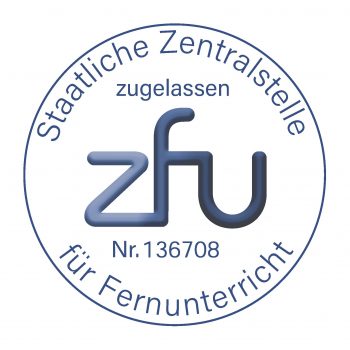Political theory
Who is the university certificate suitable for?
Are you interested in the philosophical and normative background of political decisions and want to strengthen your ability to clearly analyze and evaluate political arguments? Then this university certificate is just right for you. It will help you to understand complex political issues from different perspectives and communicate them convincingly.
The most important things at a glance:
- Duration of study: 6 months + 6 months free extension
- ECTS credit points: 10 ECTS credit points
- Examination form: Portfolio assignment (term paper and presentation)
- Admission requirements: Knowledge of scientific work
- Start of studies: at any time
- Creditability: M.A. Business Education
- Tuition fees: EUR 165 per month, EUR 990 in total
Thinking about fundamental political issues - with the University Certificate in Political Theory
What is just rule? What ideas about people shape political systems? And how can power, freedom and the common good be theoretically justified? Anyone working in political, social or advisory contexts cannot avoid these fundamental questions.
With the University Certificate in Political Theory, you will acquire sound knowledge in one of the central areas of political science - practice-oriented, in-depth and ideally suited for all those who not only want to describe politics, but also understand and scrutinize it.
Political thinking from the basics to current paradigms
As part of the certificate, you will systematically deal with the basic questions of political theory: What is politics? How is rule created and legitimized? What images of humanity underlie political orders? These questions form the starting point for the examination of classical and modern approaches, from Plato to Hobbes and Rousseau to Rawls and Arendt.
You will learn to recognize and critically reflect on fundamental patterns of argumentation in political philosophy, for example with regard to freedom, justice, power, legitimacy and participation. In doing so, you will develop an understanding of the diverse theoretical approaches that can be used to think about the political.
Another focus is on the scientific understanding of political theory itself: They analyze how this subfield has developed within political science, what methodological approaches shape it and what role it plays in academic and social discourse.
You will also deal with central paradigms of modern political theory such as liberalism, republicanism and communitarianism. You will learn how to apply these concepts to current political challenges, such as debates on democracy, social cohesion or the role of the state in the digital age.

